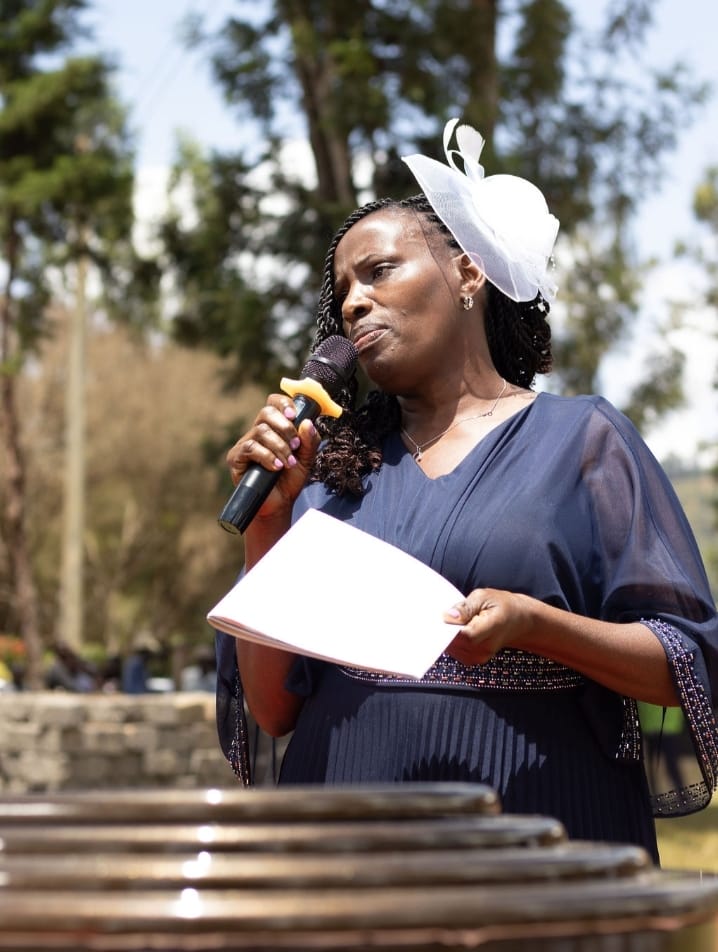The World Health Organization (WHO) has highlighted anti-microbial resistance (AMR) as a critical global public health issue calling for advocacy and collaboration to tackle anti-microbial resistance.
In response, WHO has recommended various measures, including advocacy and collaboration, as key strategies to combat this growing threat.
AMR occurs when bacteria, viruses, fungi, and parasites evolve over time and no longer respond to the medicines used to treat them. This makes infections more difficult to manage, increasing the risk of disease spread and complicating treatment options.
This was revealed during an informative and engaging webinar during the World Antimicrobial Resistance Awareness Week (WAAW).
The webinar, aimed at supporting the fight against AMR, brought together a diverse group of professionals from JKUAT and other institutions. It facilitated meaningful interactions with students and encouraged discussions on collaborative strategies.
This year’s theme, “Educate. Advocate. Act Now,” underscores the urgent need for collective action to combat antimicrobial resistance.
The event focused on promoting a unified approach, known as “One Health,” which acknowledges the interconnectedness of humans, animals, and the environment in addressing AMR. Participants explored how combined efforts can help combat antimicrobial resistance and enhance health outcomes across the board.
Ms Emmah Nyaboke, a teaching assistant from the Department of Animal Science at JKUAT, was one of the speakers at the webinar that emphasized the role of medical and pharmacy students in managing AMR through education, policy advocacy, and research.
The teaching assistant encouraged students to advocate for the correct use of antibiotics and become actively involved in shaping policies related to AMR.
“Continue raising awareness through workshops, collaborate across various fields on the One Health forum, and engage in community outreach to promote the proper use of antibiotics,” Ms Nyaboke advised.
She urged students to take an active role in public discussions surrounding policy-making, underscoring the importance of their voices in shaping the future of AMR management.
YOU MAY ALSO READ:
She also highlighted the importance of students participating in research initiatives within medical schools, stressing that their involvement ensures the integration of the latest findings on antibiotics into policies, promoting an evidence-based approach to combating antibiotic resistance.
Matthew Kipkosgei, a teaching assistant in the Department of Animal Health, shared his efforts to inspire youth research on AMR, in alignment with the Kenya National Action Plan for the containment and prevention of AMR (2023-2027).
By Kamau Njoroge.
You can also follow our social media pages on Twitter: Education News KE and Facebook: Education News Newspaper for timely updates.
>>> Click here to stay up-to-date with trending regional stories
>>> Click here to read more informed opinions on the country’s education landscape
>>> Click here to stay ahead with the latest national news.






